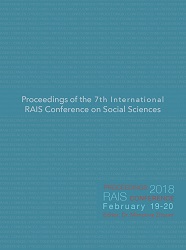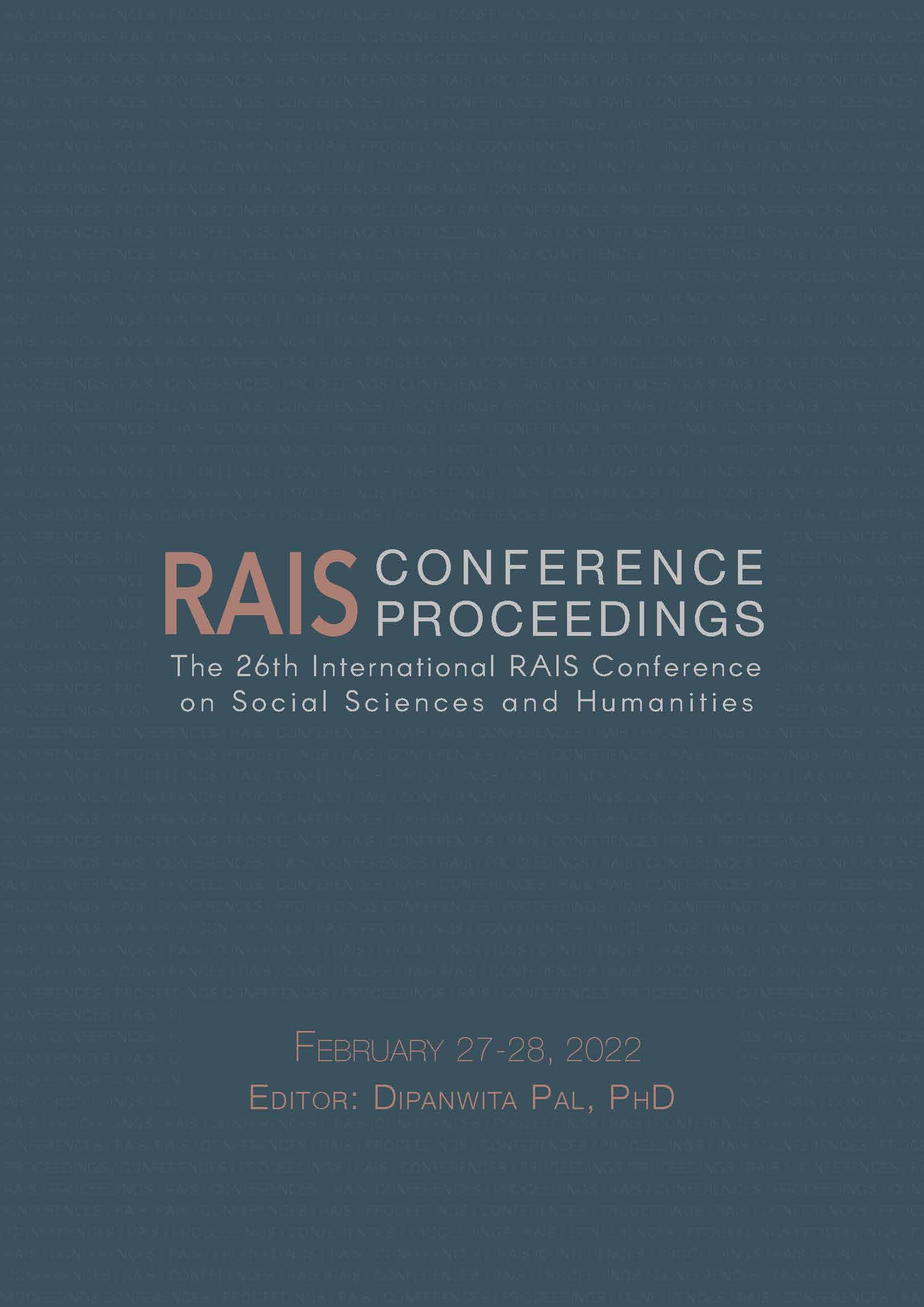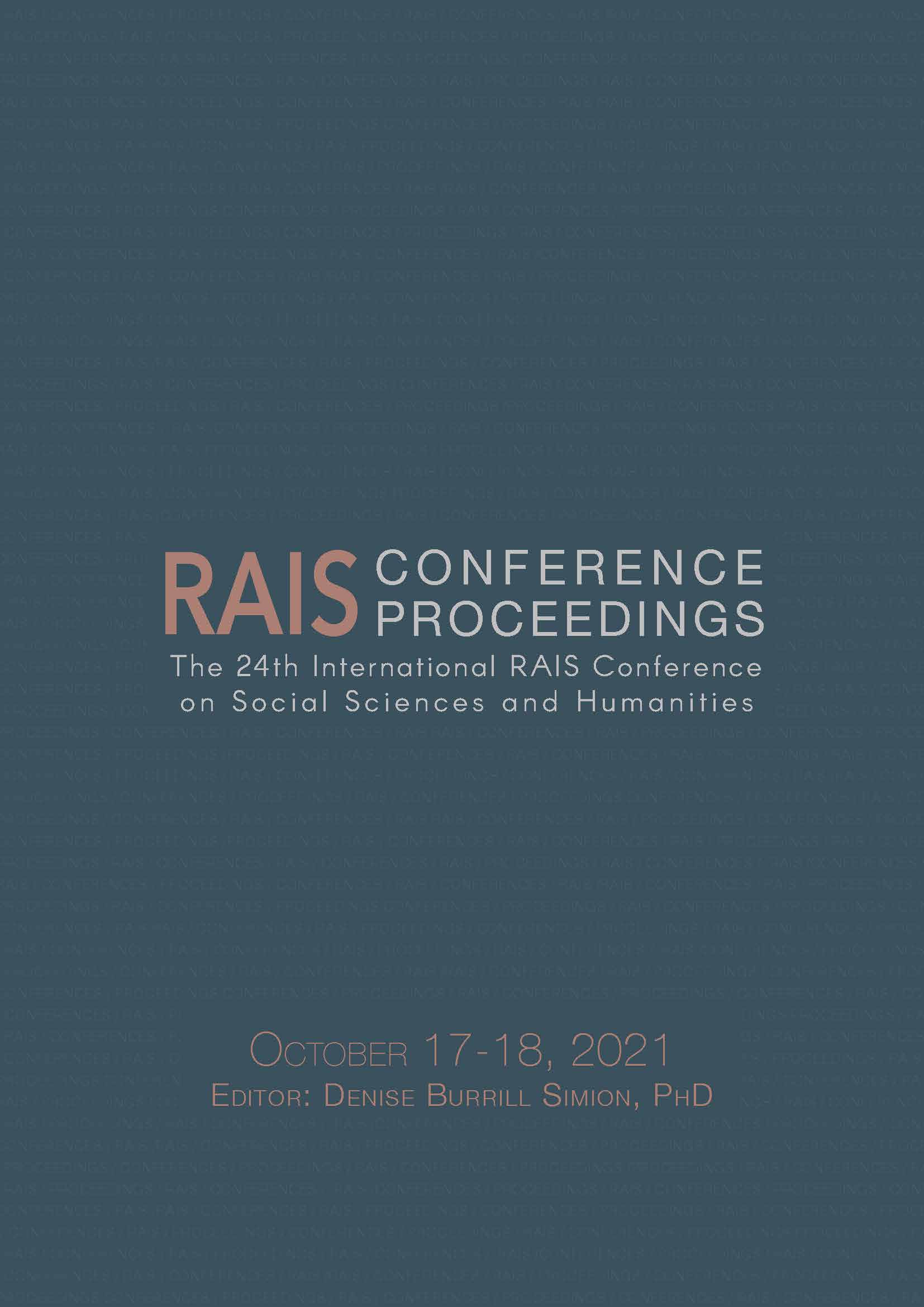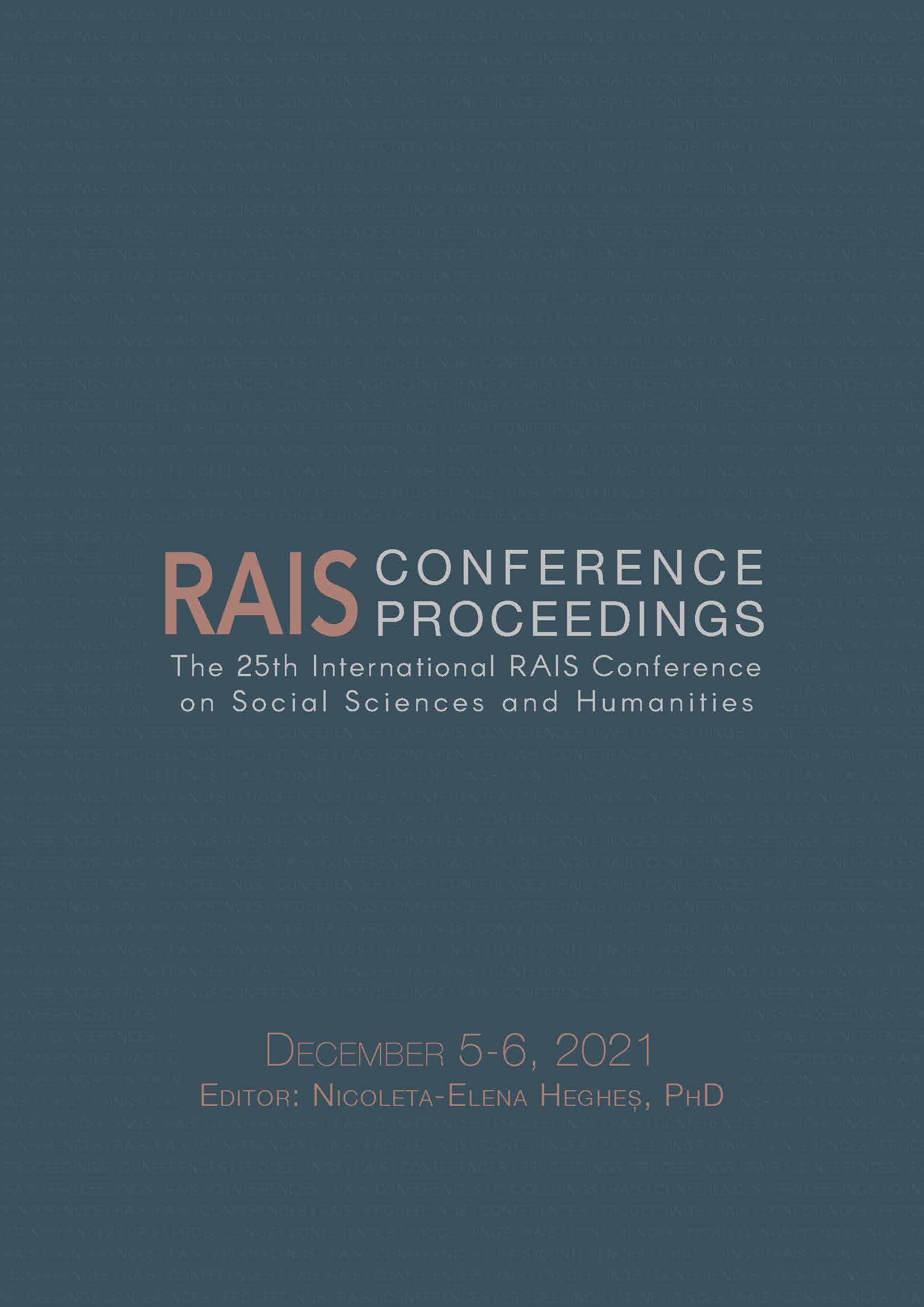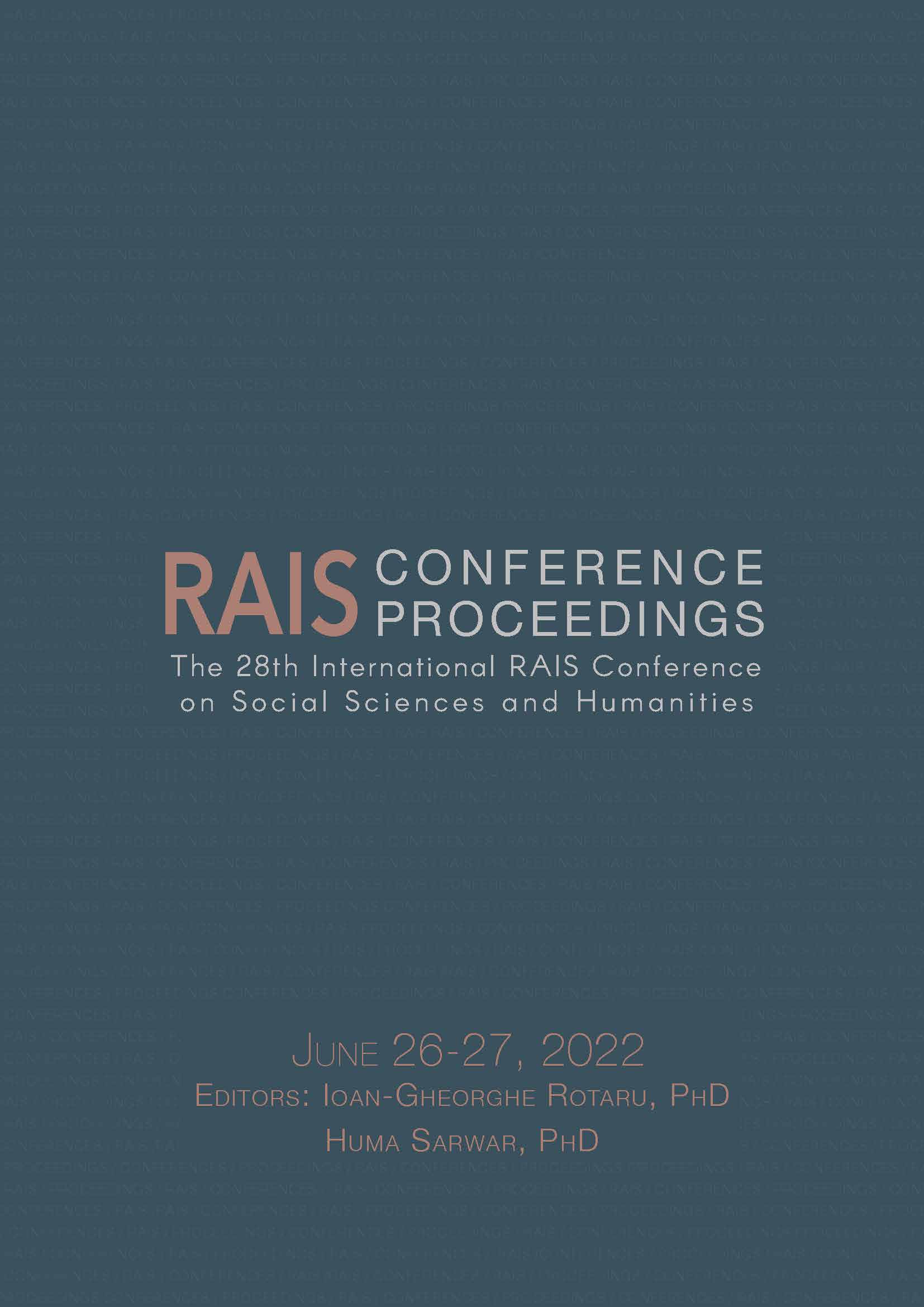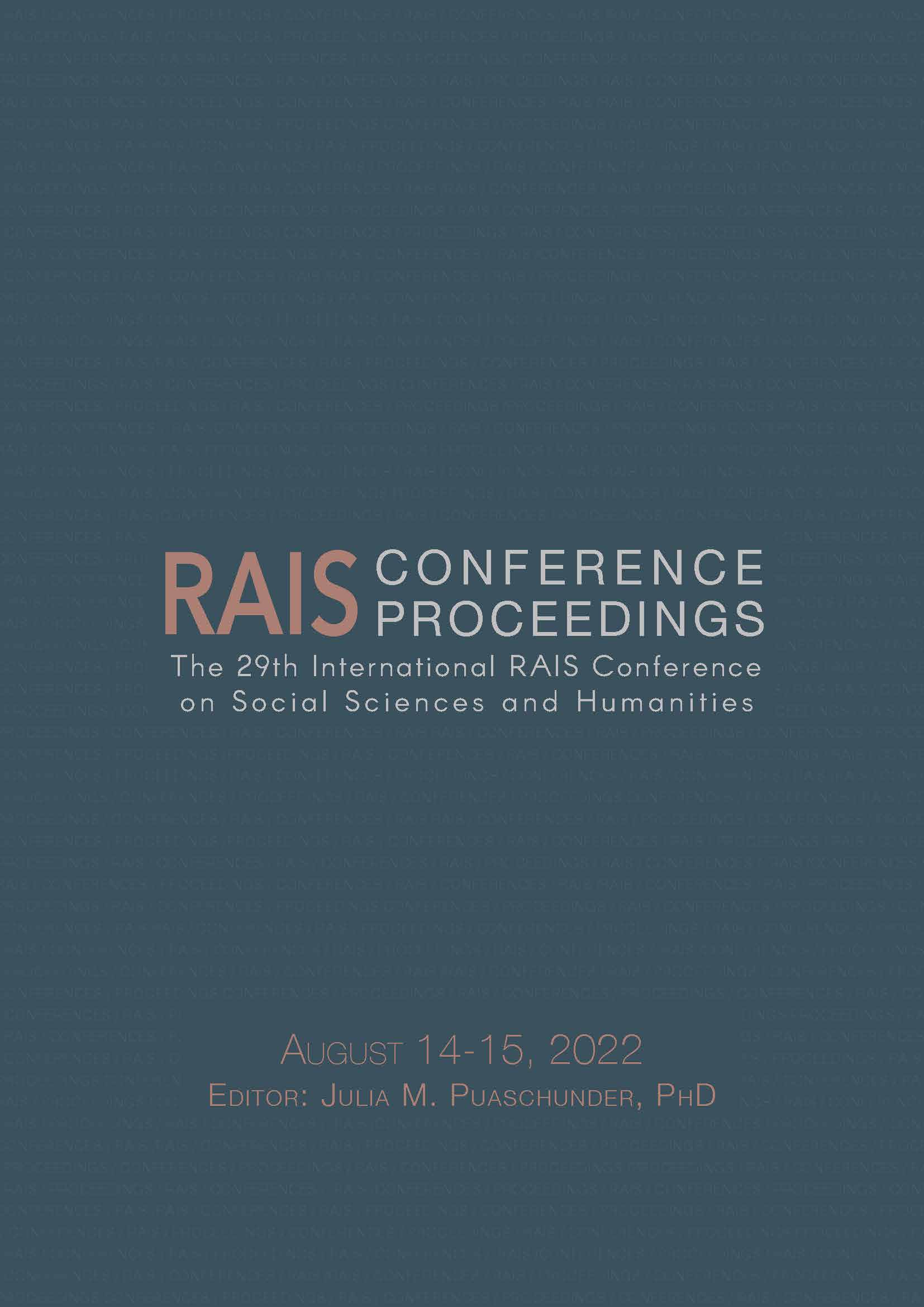Tactics of Listening to the Suspect or Defendant
Author(s): Cosmin Butură / Language(s): English
/ Publication Year: 0
Keywords: psychology; forensics; criminal trial; witnesses, suspect
The key to an end, more precisely, the process in which the confrontation between the accuser and the defendant is carried out, resulting in a final verdict of the judge, it is the success of a well-conducted interrogation. A well-conducted interrogation does not refer to well-trained staff because the interrogation is not an on-site investigation action or an action for the realization of the criminal case, so we can talk about staff in the present case. The interrogation is primarily an art, in which self-knowledge, investigation of the deed, going through the road that the suspect or defendant after his accounts, the inter-person relationship between the forensic psychologist and the suspect, the knowledge of the interviewee, make up the sphere of forensic psychology. We cannot define which is the most important piece of a pending criminal case because all paths leading to the completion of the investigation are equally important as the interrogation process, but we cannot consider a valid investigation if we have the perpetrator in custody. Of course, a criminal case can be completed by the court and in the absence of the defendant if his death was declared. However, we are therefore talking about the case where we have the suspect or the defendant in custody and are to be heard in the file opened against him. As a result, investigators may hope to find out the truth from him, but in this case, the result is divided into two categories, either he confesses or he will not confess and will be found guilty only after the investigators have gathered enough solid evidence proving his guilt. This is where the notion of art comes in, because investigators have the mission not to fail the process of questioning the suspect or defendant. Investigating specialists, more precisely criminal psychologists, consider the suspect or defendant the most important piece of the case. For specialists, the suspect is the only one who can answer the questions: When? What? How? etc.; this means the need for authorities to have him in custody. It is interesting that once in the custody of the authorities, they receive more special treatment, such as legal protection. Therefore, the questioning of a suspect or accused is a fascinating show between reason, feelings, experiences, logic and strategy, played by the two characters embodied in the good and evil, which made me discuss this subject in the scientific paper.
More...
